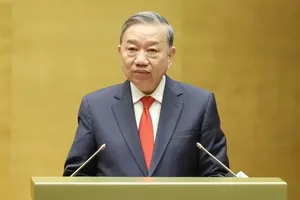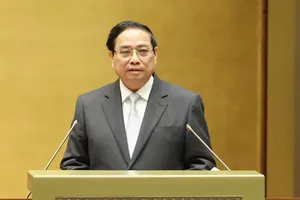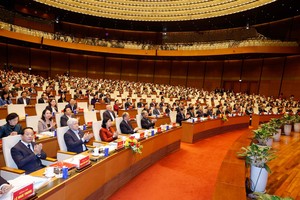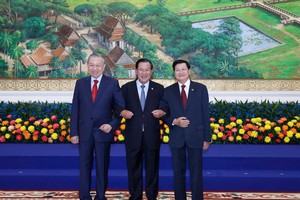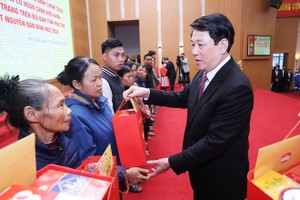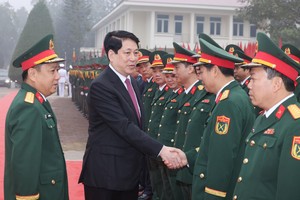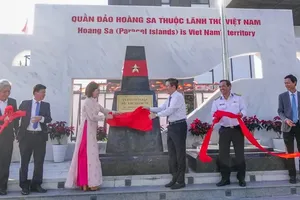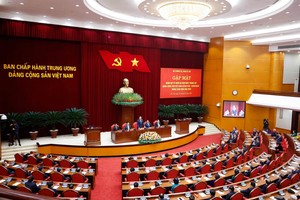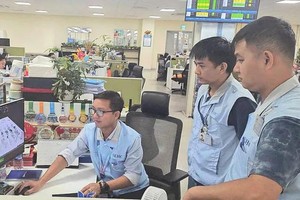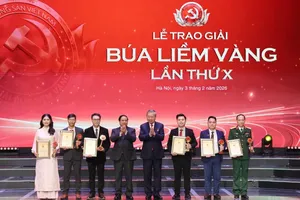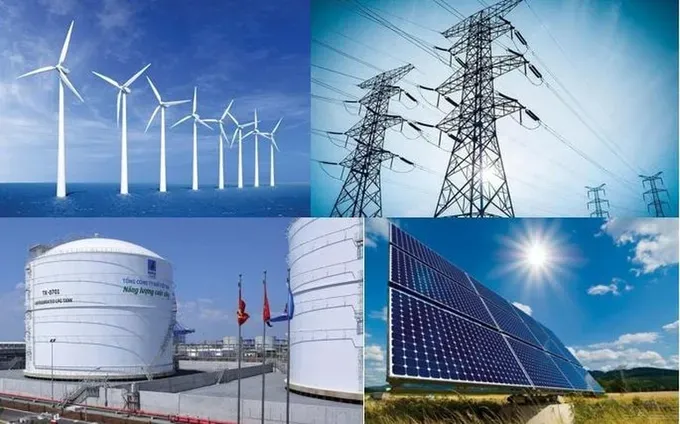
The program sets key targets for 2030, including a total primary energy supply of approximately 150–170 million tons of oil equivalent, final energy consumption of 120–130 million tons, energy savings of 8 percent–10 percent compared to the normal development scenario, and a reduction in greenhouse gas emissions from energy activities by 15 percent–35 percent.
To develop energy supply and infrastructure, ensuring secure, stable energy availability to meet economic growth demands, the Government has directed relevant ministries and agencies to establish specific implementation scenarios and roadmaps. These plans aim to diversify energy sources, prioritize domestic energy development, reduce import dependence, and enhance the efficient use of local resources.
The Government also calls for the creation of national integrated energy industrial centers combining gas, liquefied natural gas (LNG), electricity, refining, petrochemicals, and renewable energy located in regions with competitive advantages. These centers are to be developed in sync with policies on resource extraction, offtake agreements, and domestic gas pricing mechanisms.
To promote sustainable energy transition, the Government will introduce a carbon tax on fossil fuel consumption and set carbon emission standards and limits. Mandatory energy-saving targets will be established for each sector, industry, and locality. Inefficient, high-emission equipment and vehicles will be gradually phased out, while enterprises are encouraged to invest in advanced and energy-efficient technologies.
In order to foster breakthroughs in science, technology, innovation, digital transformation, and workforce development within the energy sector, the Government has mandated that ministries and local authorities allocate at least 2 percent of the energy sector’s GDP to research and development.
Additionally, a plan will be developed to strengthen high-quality human resource training for the energy sector, designating it as a national priority field. The target is to train 25,000–35,000 engineers and specialists in energy-related disciplines, with particular emphasis on nuclear, renewable, and new energy. Policies will also be introduced to attract foreign experts and overseas Vietnamese professionals to return and contribute to these strategic sectors.
